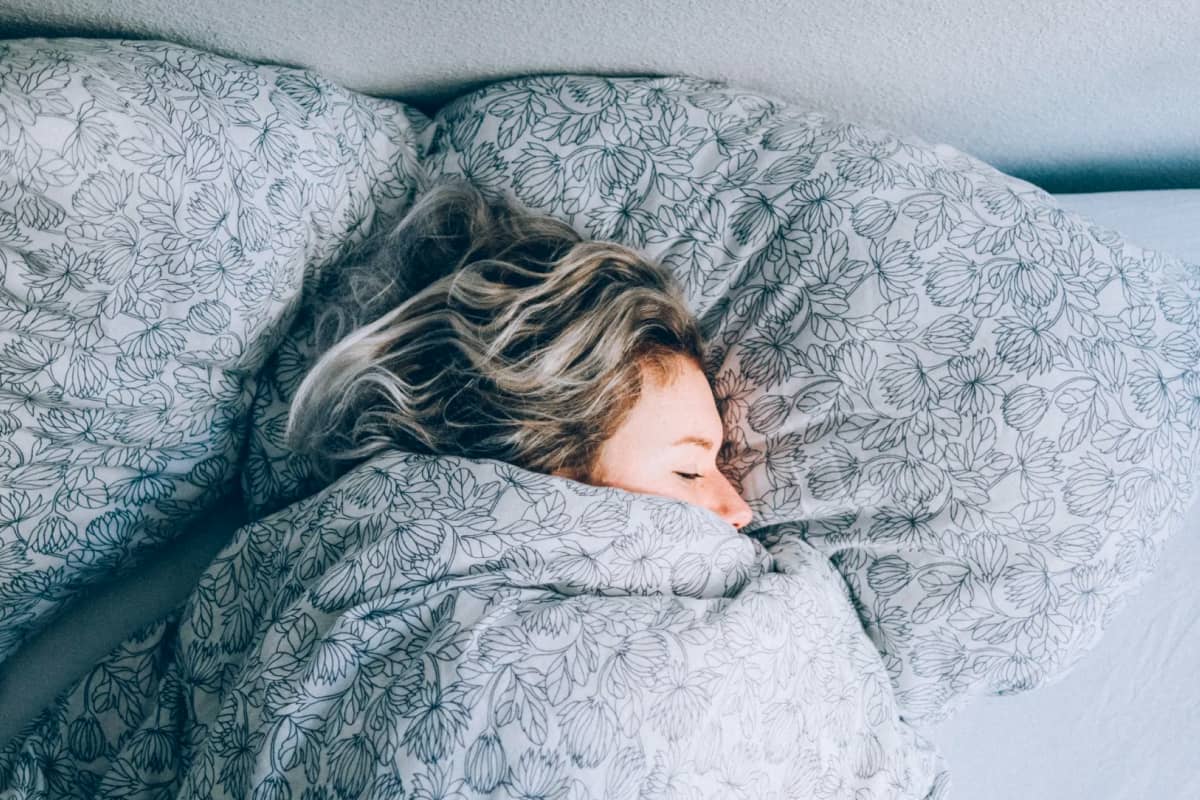Neuroplasticity! Brain Training! Mental Fitness Training! Habit Formation! Use It or Lose It! Harder, Better, Faster, Stronger!
Man, we sure do put a lot of pressure on our brains to be better at their jobs. To the point where some students think playing their class notes on audio while they sleep will help them absorb the information better. We’re desperate to cram as much as we can into our control centers.
The Science of Sleep and Learning
But what about Newton’s third law? The concept that for every action, there’s an equal and opposite reaction. Think about it – you have a “lub” to every “dub” when your heart beats. What goes up, must come down. Every inhale is followed by an exhale. Then there’s the simple principle of karma – what goes around comes around.
Basically, everything must balance each other out. It’s simple science. As it turns out, this applies to the synapses in your brain too. Especially when it comes to memory and learning. Are your ears perked up, students? Maybe you don’t have to keep downing Red Bulls or buying Adderall (illegally, ahem) to study all night for finals. It happens far more than it should. In fact, that might be causing you serious harm in the long run.
How Sleep Strengthens Synapses
Synapses are the spaces between two nerve cells. During the day, they grow strong and large thanks to stimulation. This is important because it strengthens our learning abilities and memory. New sleep research in mice has emerged that shows those same synapses shrink by nearly 20% during sleep time. If you consider the “use it or lose it” philosophy, this sounds like a bad thing – like all that work you did during the day to build powerful neural pathways just went to waste.
The Impact of Sleep Deprivation on the Brain
However, just as your physical body needs rest after intense exercise, your brain’s trillions of synapses need a break, too. These gaps in your neural pathways can get oversaturated and overworked, just like muscles. When they don’t get the rest they need, they don’t bond or fuse as powerfully long-term.
Think about the last time you had a disastrous day because you tossed and turned all night. You left your eye glasses in the fridge, forgot to pick up your kid from school and couldn’t remember your boss’ name. Yikes.
“Our findings solidly advance the idea that… the human brain can only store so much information before it needs to recalibrate,” says study author Graham Diering, Ph.D. “Without sleep and the recalibration that goes on during sleep, memories are in danger of being lost.”
The space between nerve cells needs recalibration, too. Who would’ve thunk it? The harder you work out your brain, the more you need to rest it. Imagine a rubber band – if you keep pulling it apart, eventually it’ll either snap or lose its elasticity.
The harder you work out your brain, the more you need to rest it.
Maaheem "Mak" Akhtar Share this
The same goes for the formation of new neural pathways. This explains why we become more forgetful and clumsy when functioning on a lack of sleep. The pathways you worked so hard to strengthen during the way lost some of their oomph because you didn’t let them rest enough at night.
This research is especially exciting for all of us at RethinkCare. Why, you ask? Mindfulness practices produce the same effect as sleep of giving your synapses a break. Maybe that’s why long-term meditators see slowed cellular aging and preserve their brains much more when they get older. You can actually grow more of certain parts of your brain back. If that isn’t strong enough of a case to rest more, whether it’s through sleep or meditation, I don’t know what is.
Tips for Getting a Good Night’s Sleep
So, do whatever it takes:
- put away all your blue-light emitting devices
- drink your sleepy time tea
- rub lavender oil on yourself (if that’s your thang)
- count your sheep
College students, step away from the:
- caffeine
- rocketfuel
- Adderall
- whatever else you’re using to trick your body
Sleep is complex, and imperative beyond just cell repair and the release of important hormones. Now we know what “recharging your brain” really means. That whole “I’ll sleep when I’m dead” deal that Puff Daddy was pushing a few years back? Yeah, please don’t.











